|
|
|
|
Zambia's founding President Kenneth Kaunda, who died yesterday at the age of 97, was the last of the giants of 20th century African nationalism. His long life arguably became synonymous with the post-colonial history of the southern African nation, and Africa’s struggle against colonialism. Gavin Evans reflects on his life and the mixed legacy he has left Zambia, Africa, and the world.
A comprehensive book containing histories and analysis of sports and leisure activities in Africa is a rare creature. It’s therefore no surprise that the 2020 academic anthology Sports in Africa: Past and Present has found itself shortlisted for an international book prize (the North American Society for Sports prize). Starting today, The Conversation Africa will be running a series of articles drawn from the 17 chapters in the book. These range from the defiance of the Nigerian women’s football team today through to the history of an apartheid-busting weightlifter, Milo Pillay, and everything in between. In the first instalment, the book’s editors Tarminder Kaur, Gerard Akindes and Todd Cleveland tease the contents of the book (and the series) and reflect on how sport continues to play a key role in shaping African societies – and resisting colonial oppression.
Film has similar powers in Africa, as film is a popular text that’s able to pose critical social questions. But what if governments ban films – as is the case with two recent love stories from Kenya and South Africa? Rafiki (2018) and Inxeba (2017) were both censored, but both became darlings of the international film festival circuit, scooping dozens of awards. More importantly, by examining social media posts and internet forums, Gibson Ncube proposes that not only did the films gain attention, they were also able to confront viewers with difficult issues and open up necessary debates.
Subscribe to our WhatsApp bulletin here.
|
Thabo Leshilo
Politics + Society
|

|
|
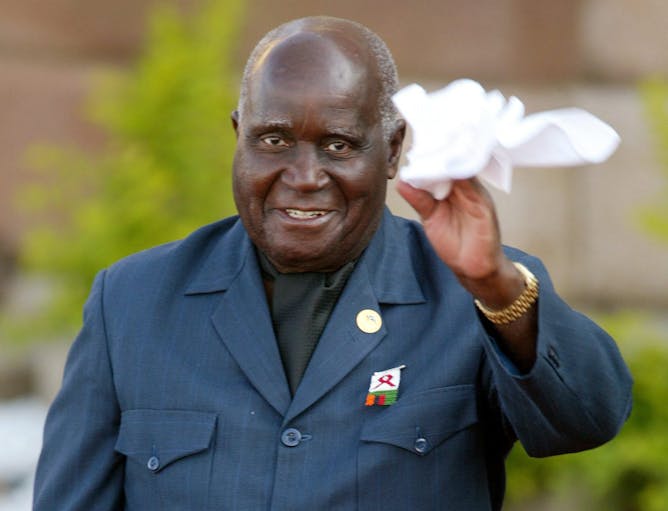
Former Zambian president Kenneth Kaunda at the inauguration of former South African president Thabo Mbeki in 2004.
EFE-EPA
Gavin Evans, Birkbeck, University of London
Kaunda will be remembered as a giant of 20th century African nationalism -- a leader who gave refuge to revolutionary movements, a relatively benign autocrat and an international diplomat.
|
|
|
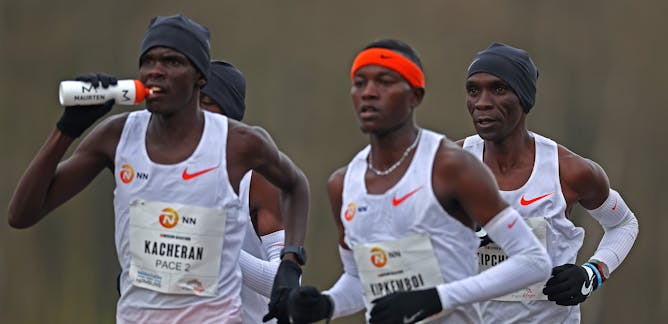
Tarminder Kaur, University of Johannesburg; Gerard A. Akindes, Northwestern University; Todd Cleveland, University of Arkansas
Sports in Africa, Past and Present examines the role played by leisure and professional sports in shaping African life, including resisting colonialism.
| |
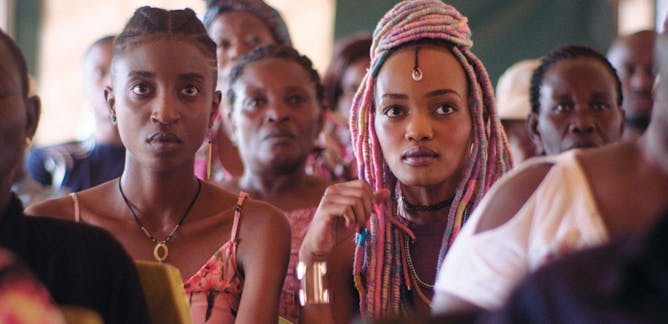
Gibson Ncube, University of Zimbabwe
Discussions about the films on social media and online forums show that African queer lives are complex and don't tell a single story.
|
|
|
Science + Technology
|
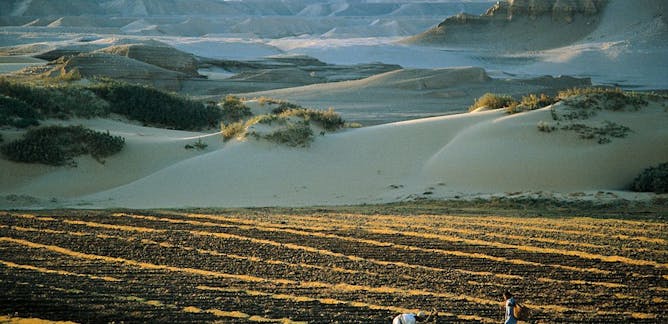
Anja Gassner, World Agroforestry (ICRAF); Philip Dobie, World Agroforestry (ICRAF); Robert Nasi, Centre for International Forestry Research
A changing climate threatens the balance that communities in drylands have created.
| |
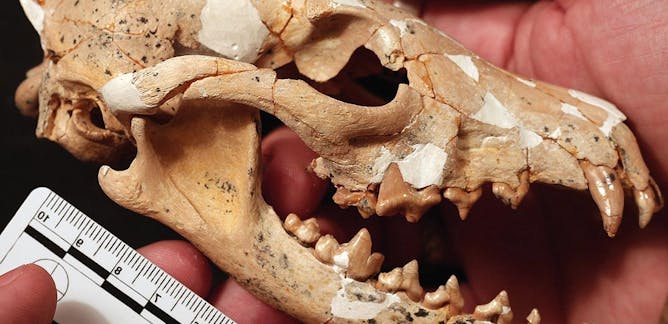
Alberto Valenciano Vaquero, Universidad de Zaragoza; Jorge Morales Romero, Museo Nacional de Ciencias Naturales (MNCN-CSIC); Romala Govender, University of Cape Town
Jackals appeared and established themselves in Africa in at least the last five million years. These animals have evolved and adapted to the changing environment, allowing them to survive.
|
|
|
From our international editions
|
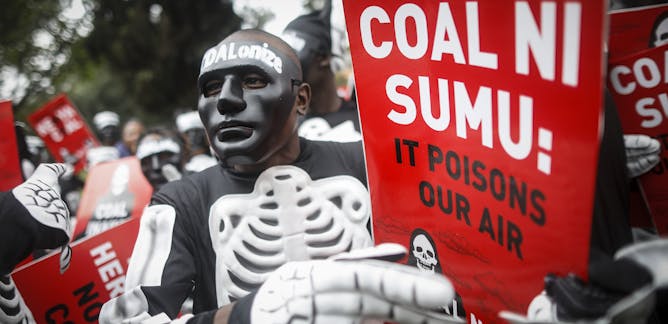
Bruno Martorano, United Nations University; Francesco Iacoella, United Nations University; Laura Metzger, Harvard Kennedy School; Marco Sanfilippo, Università di Torino
We looked at 125,000 protests across Africa and mapped them against Chinese investments.
| |

Sylvanus Kwaku Afesorgbor, University of Guelph; Binyam Afewerk Demena, International Institute of Social Studies; Peter A.G. van Bergeijk, International Institute of Social Studies
The outbreak of COVID-19 could be used as a building block in the future to reinforce international co-operation and strengthen the pillars of globalization.
|
|
|
En français
|
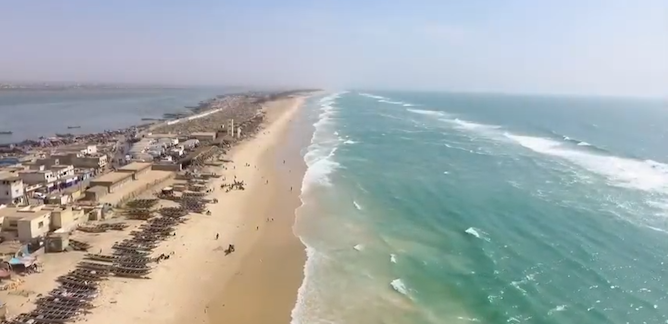
Olusegun Dada, Institut de recherche pour le développement (IRD); Frédéric Ménard, Institut de recherche pour le développement (IRD); Pierre Morand, Institut de recherche pour le développement (IRD); Rafael Almar, Institut de recherche pour le développement (IRD)
Les écosystèmes côtiers sont soumis à des pressions intenses, provoquées par une activité humaine incessante, des tendances climatiques changeantes et des phénomènes météorologiques extrêmes.
| |
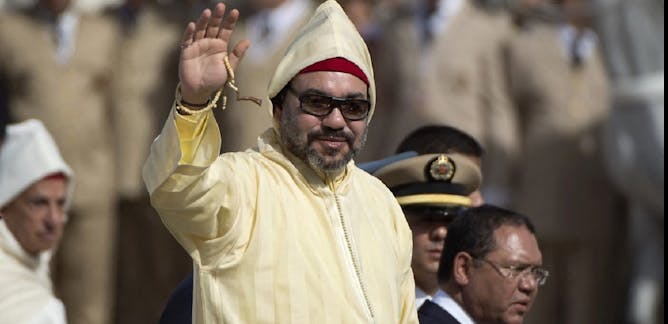
Baudouin Dupret, Sciences Po Bordeaux
La charia est souvent opposée à la modernité. Pourtant, depuis deux siècles, loin d’être en conflit, le droit positif des pays musulmans et la norme religieuse s’accommodent de bien des manières.
|
|
|
En español
|
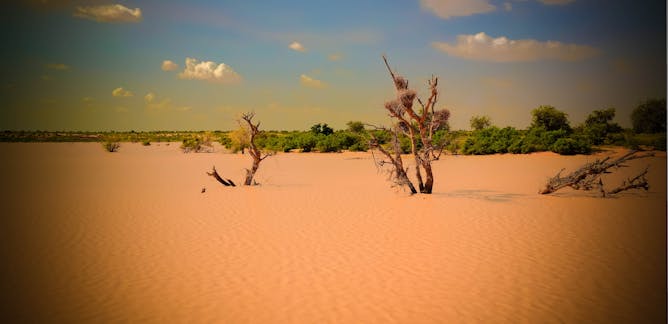
Víctor Resco de Dios, Universitat de Lleida
En el Día Mundial de Lucha contra la Desertificación y la Sequía, el autor explica por qué hay esperanza: estos fenómenos se pueden frenar y revertir y las áreas de bosque están aumentando globalmente.
| |
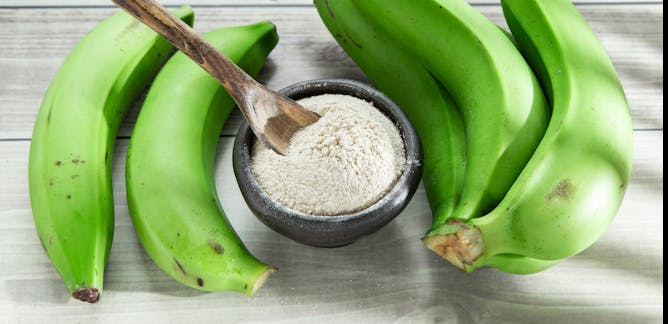
Saioa Gómez Zorita, Universidad del País Vasco / Euskal Herriko Unibertsitatea; Maria Puy Portillo, Universidad del País Vasco / Euskal Herriko Unibertsitatea
La ingesta de almidón resistente resulta beneficiosa para la salud, como la de cualquier prebiótico, pero además se ha demostrado que puede resultar especialmente beneficioso en algunas patologías.
|
|
|
| |
| |
| |
| |
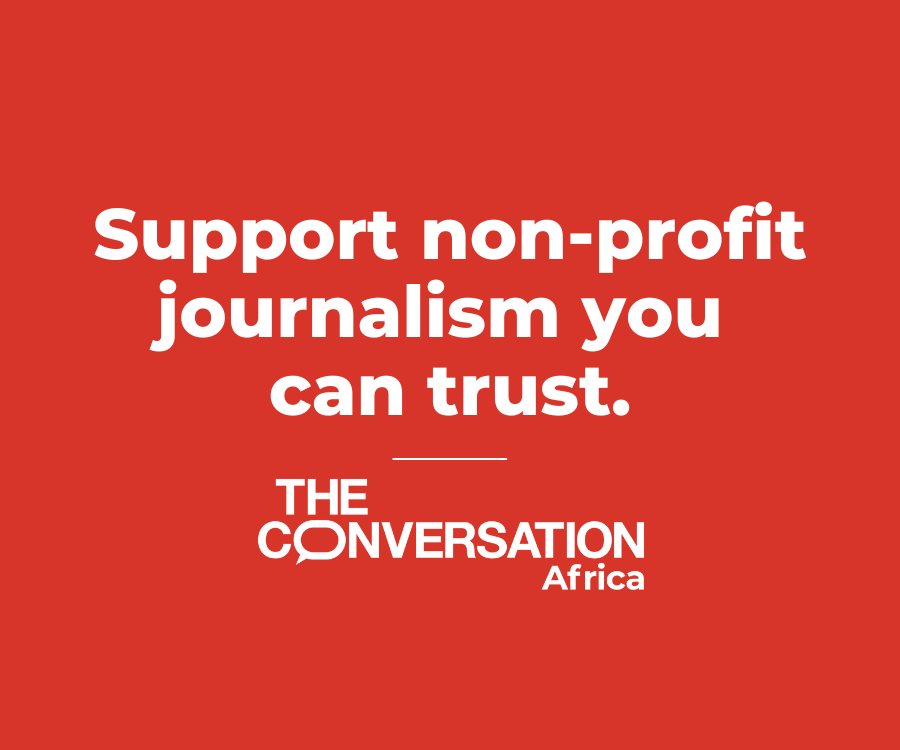
|
| |
| |
| |
Featured events
|

|
Wits University, 1 Jan Smuts Avenue, Johannesburg, Gauteng, 2050, South Africa — University of the Witwatersrand
|
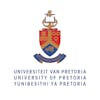
|
University Road, Hatfield, Gauteng, 0083, South Africa — University of Pretoria
|

|
Wits University, 1 Jan Smuts Avenue, Johannesburg, Gauteng, 2050, South Africa — University of the Witwatersrand
|

|
4th Floor, Johannesburg Business School, Cnr Barry Hertzog Ave and Empire Road, Milpark, Johannesburg, Gauteng, 2092, South Africa — University of Johannesburg
|
|
|
|
| |
| |
| |
Would you like to republish any of these articles?
|
|
It’s free to republish, here are the guidelines.
Contact us on africa-republish@theconversation.com in case you need assistance.
|
| |
| |
| |
| |
|
|
|
|
|
|
|